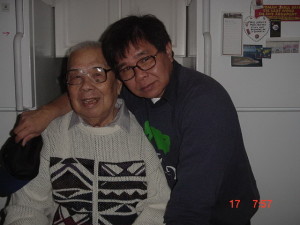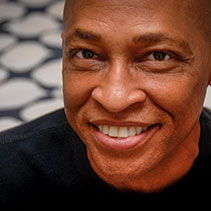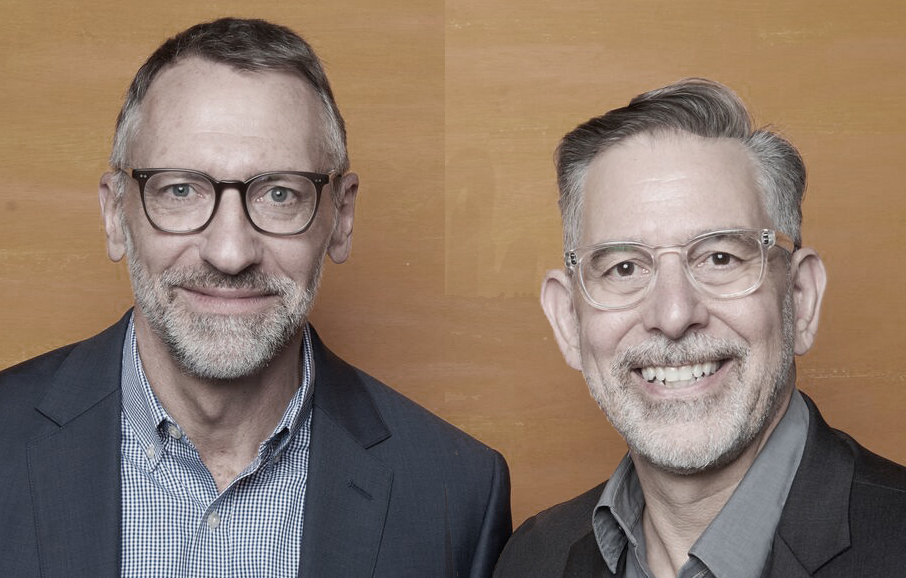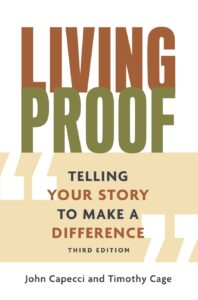by Bev Bachel. Bev is a Twin Cities freelancer who writes about the power of purpose and advocates for a range of causes she cares about, including elder rights, cancer support services and financial literacy. She is the author of What Do You Really Want? How to Set a Goal and Go for It.

Research shows that when we have a clear sense of purpose, we live longer, enjoy richer lives and experience improved physical and mental well-being.
Richard Leider, author of The Power of Purpose: Find Meaning, Live Longer, Better, defines purpose as “the reason you get up in the morning” and “the way you contribute value to the world.”
He also says that purpose is the path to happiness: for oneself, as well as one’s family, friends and community.
One rewarding way many elders are finding and living their purpose is as advocates who are sharing stories from their own life experiences to make a difference for others.
Here are three advocates who are doing just that.
Jon Melegrito: Advocating for Filipino WWII veterans who were denied benefits
 In 1941, just hours after Pearl Harbor was attacked, Japan invaded the Philippine Islands, which, at the time, were territories of the United States. President Franklin Roosevelt issued a call for duty to “the loyal Americans of the Philippine Islands” and offered full veterans’ benefits to those who enlisted.
In 1941, just hours after Pearl Harbor was attacked, Japan invaded the Philippine Islands, which, at the time, were territories of the United States. President Franklin Roosevelt issued a call for duty to “the loyal Americans of the Philippine Islands” and offered full veterans’ benefits to those who enlisted.
More than 260,000 Filipinos did so, fighting alongside U.S. troops to defend the region. Nearly 100,000 were either killed or captured. But soon after the war ended, the promised benefits were rescinded.
Ever since, surviving Filipino veterans (now in their 80s and 90s), their relatives and supporters have been fighting for the benefits they were promised.
One of those veterans was Jon Melegrito’s late father. For decades, Melegrito has been advocating on his father’s behalf and on behalf of all Filipino veterans.
When Melegrito shares his personal story and connection to this issue, he speaks about lessons passed down from his father, such as the importance of service and the need to create a better life for future generations.
“That’s what my father believed he fought for in World War II,” says Melegrito. “It’s in that same spirit that I am committed to making a difference.”
Melegrito’s mission is not only about justice and equity. It’s also about legacy. “We need to pass on our stories of struggle and triumph to our children and to our children’s children,” says Melegrito. “The Filipino veterans have waited over 70 years for their story to be told. We, all of us across the country, must tell their story.”
Quyen Dinh: Advocating for all immigrants and their right to thrive
 “I grew up poor but never knew just how poor I was until I hit middle school,” says Quyen Dinh, Executive Director of the Southeast Asia Resource Action Center (SEARAC).
“I grew up poor but never knew just how poor I was until I hit middle school,” says Quyen Dinh, Executive Director of the Southeast Asia Resource Action Center (SEARAC).
It was then—as a recipient of the school’s free-lunch program—that Dinh felt separated from her classmates. “We free-lunch kids had to get to school early to pick up blue laminated vouchers,” she recalls. “That’s when I became aware that I was different.”
But thanks to the free-lunch program, food stamps and Section 8 housing, her family was never hungry and always had a roof overhead. That important support ultimately prevailed over Dinh’s feeling of otherness, and it’s why she takes her role as an advocate so seriously.
“The America of my childhood provided resources that allowed my family the opportunity to build our American dream through hardship and resilience,” says Dinh.
Others deserve that opportunity as well, free from any stigma that makes them feel “less than.”
“My America did not reject those in need when they needed support the most,” says Dinh, who remains steadfast in her purpose of standing up for the rights of all who seek the American Dream. “They should be able to access resources to make that dream a reality—and to live and thrive with dignity.”
Mikael Wagner: Advocating for people 50+ to live full and active lives
 Wagner, who came of age in San Francisco in the early days of the AIDS crisis, lost many friends and loved ones to the disease and was himself diagnosed with HIV in 1990.
Wagner, who came of age in San Francisco in the early days of the AIDS crisis, lost many friends and loved ones to the disease and was himself diagnosed with HIV in 1990.
Unsure where to turn, he reached out to his mother who, at the time, was the last person in the world Wagner could imagine disclosing to. However, he was pleasantly surprised—and comforted—by her response.
“That was 30 years ago,” Wagner recalls. “At the time, my mom was close to the age I am today and was beginning to experience losing friends and family members. “In the sweetest, most tender voice, she said, ‘All of your friends are dying and so are mine. So, let’s figure out together how we will survive.’”
Now, Wagner offers that same wisdom, hope and encouragement to others who are 50+, urging them to let go of the past and to live life to the fullest by “taking a great vacation, starting a dream business, getting healthy, becoming physically fit, dating again, taking a class or doing something else you have always wanted to try but were told that you were never good enough to do.”

Authors Tim Cage (L) and John Capecci (R). (Photo courtesy of John Capecci)
Finding purpose by coaching others
Long-time friends and colleagues John Capecci and Tim Cage are living with purpose as well—by supporting advocates such as Melegrito, Dinh and Wagner.
Capecci and Cage are cofounders of Living Proof Advocacy, a company they started in their late 50s to do what Cage describes as “the immensely satisfying work of supporting the changemakers of the world, the thousands who aim daily to make a difference by sharing their personal stories.”
For more than 20 years, Capecci and Cage have studied when and how personal stories can create real change, drawing upon the experiences of a wide range of advocates: from farmers building support of family farms, to teens working to combat the stigma around mental health, to elders advocating for affordable health care.
“Advocating well with a personal story takes more than ‘just’ telling your story,” says Capecci. “It requires reflection, strategy, practice and learning from those who’ve had real success.”
That’s why the pair wrote Living Proof: Telling Your Story to Make a Difference, now in its third edition, a comprehensive guide to advocating with stories.
Tips from Living Proof
If you’re interested in sharing stories from your life experiences to advocate for causes you care about, here are three tips Capecci and Cage advise keeping in mind:
- Start with your “why.” Reflect on why you’re choosing to share your stories and for whom. “Being crystal-clear on your goal and audience will give you a solid foundation as you move forward and decide what you share and where and when you share it,” says Capecci.
- Point to the positive. Some stories from your life experiences may originate in adversity, trauma or anger. As advocates, it’s your job to point out the wrong that needs to be made right. But devoting too much of your story to the negative can actually work against you. “Humans are drawn to and retain the negative more than the positive,” says Cage. “So, remember to focus on the solution, the hope and the positive change as much—if not more than—the problem.”
- Don’t skip the small stuff. It’s not always the most dramatic and theatrical parts of our lives that may resonate with others and provide “living proof” of a point. “Think of Mikael’s mother and her quiet advice or Quyen’s first awareness of being poor,” says Capecci. “Small moments can deliver big impact.”
For more tips on how you or your organization can use life experiences to advocate for important causes, subscribe to Living Proof Advocacy’s Story + Advocacy blog.
And read more of Melegrito and Wagner’s stories (plus the stories of dozens of other advocates) in Living Proof and on the Diverse Elders Coalition blog.
The opinions expressed in this article are those of the author and do not necessarily reflect those of the Diverse Elders Coalition.

